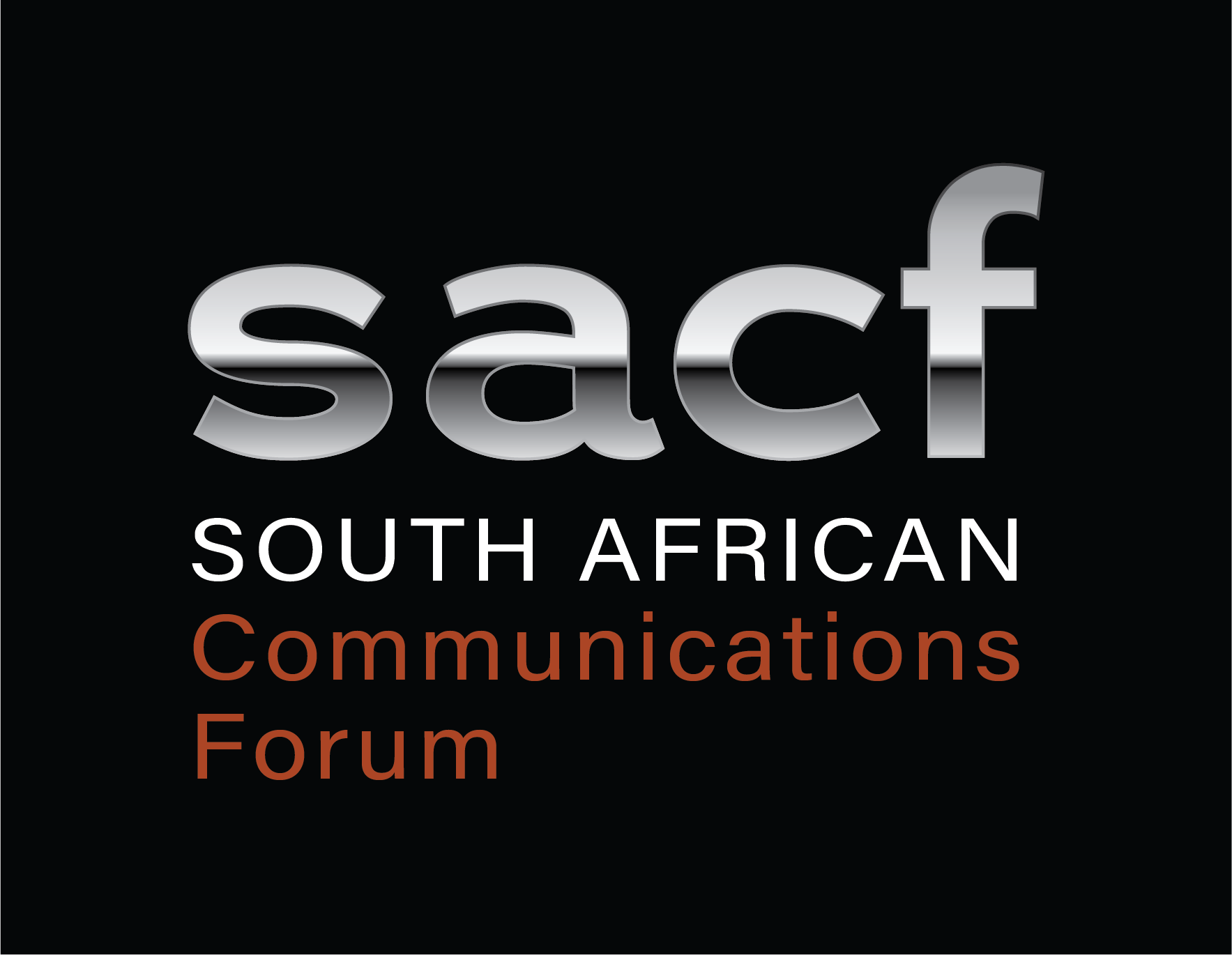SACF Comments on the Draft Amendment Regulations Governing Aspects of the Procedures of the Complaints and Compliance Committee of the Independent Communications Authority of South Africa, 2021
The review process ought to also make it explicit that complaints referred to the CCC are limited to allegations of or non-compliance with relevant legislation, …
by Nadia_P



